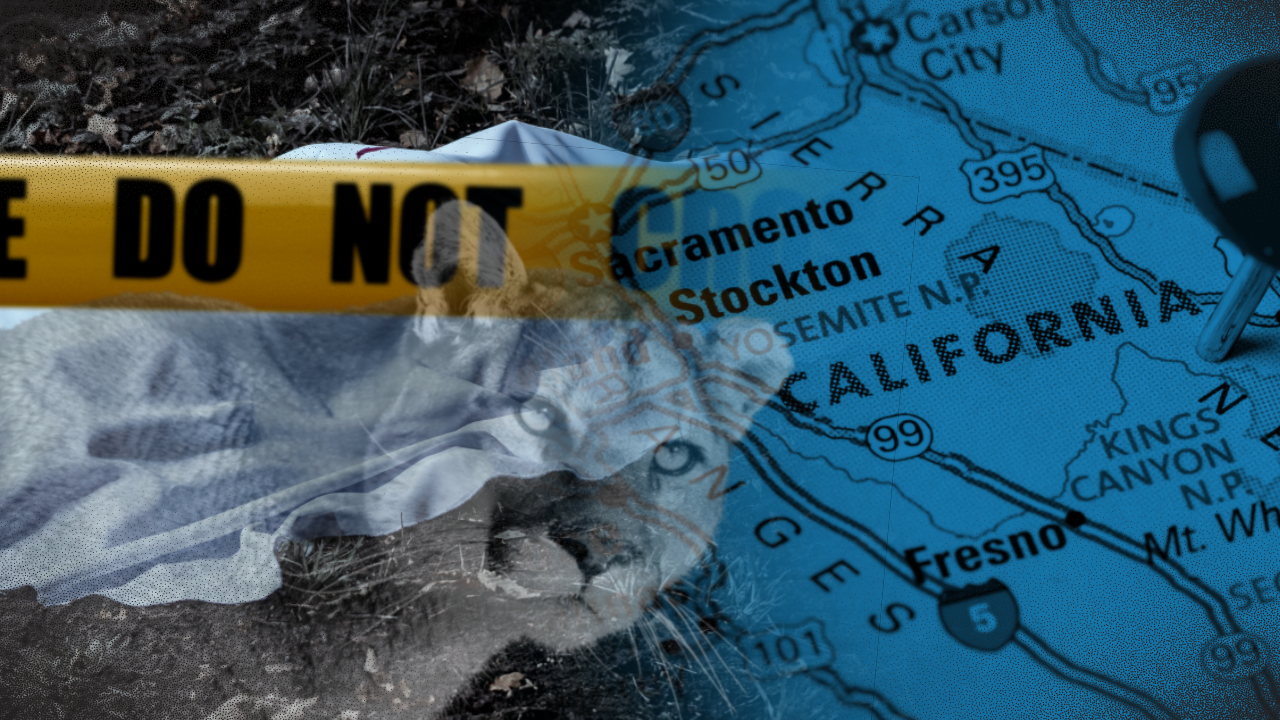A mountain lion killed a 21-year-old man and gravely wounded his younger brother on Saturday in the foothills of northern California’s Sierra Nevada, marking the first fatal cougar attack in the state in 20 years, authorities said.
The two brothers were attacked as they were out collecting deer antlers in remote wooded area near Georgetown, a former gold rush mining camp in El Dorado County northeast of Sacramento, the state capital, the county sheriff’s office said.
The 18-year-old sibling, who became separated from his brother during the attack, managed to call for help despite traumatic injuries to his face, the El Dorado County Sheriff’s Office said in a news release.
READ: Famed Los Angeles mountain lion euthanized due to injuries, illness
A short time later, sheriff’s deputies searching for the older brother found the mountain lion crouched near his body on the ground and fired shots to frighten the animal away.
State and county game wardens and trappers summoned to the area tracked down the lion later in the day and killed it, the sheriff’s office said in a statement issued on Saturday.
The lion’s remains were sent to a forensic laboratory to obtain DNA and other information about the animal.
READ: Mountain lion dies in surgery after being shot by police in California
In an update on Sunday, the sheriff’s office said the younger brother had undergone multiple surgeries for his injuries and was expected to make a full recovery. But the names of the two victims were being kept confidential.
Mountain lions, also known as cougars or pumas, are largely solitary predators that range widely across the Western United States and Canada, feeding mainly on deer and rodents.
They mostly avoid humans, and attacks on people are relatively rare, though interactions have grown more frequent as urban sprawl increasingly encroaches on their natural habitat.
Saturday’s incident marked the first fatal encounter between a mountain lion and a human in California since January 2004, when a man was attacked in the foothills of Orange County, south of Los Angeles, while riding a bicycle through a park, according to state Fish and Wildlife Department statistics.


